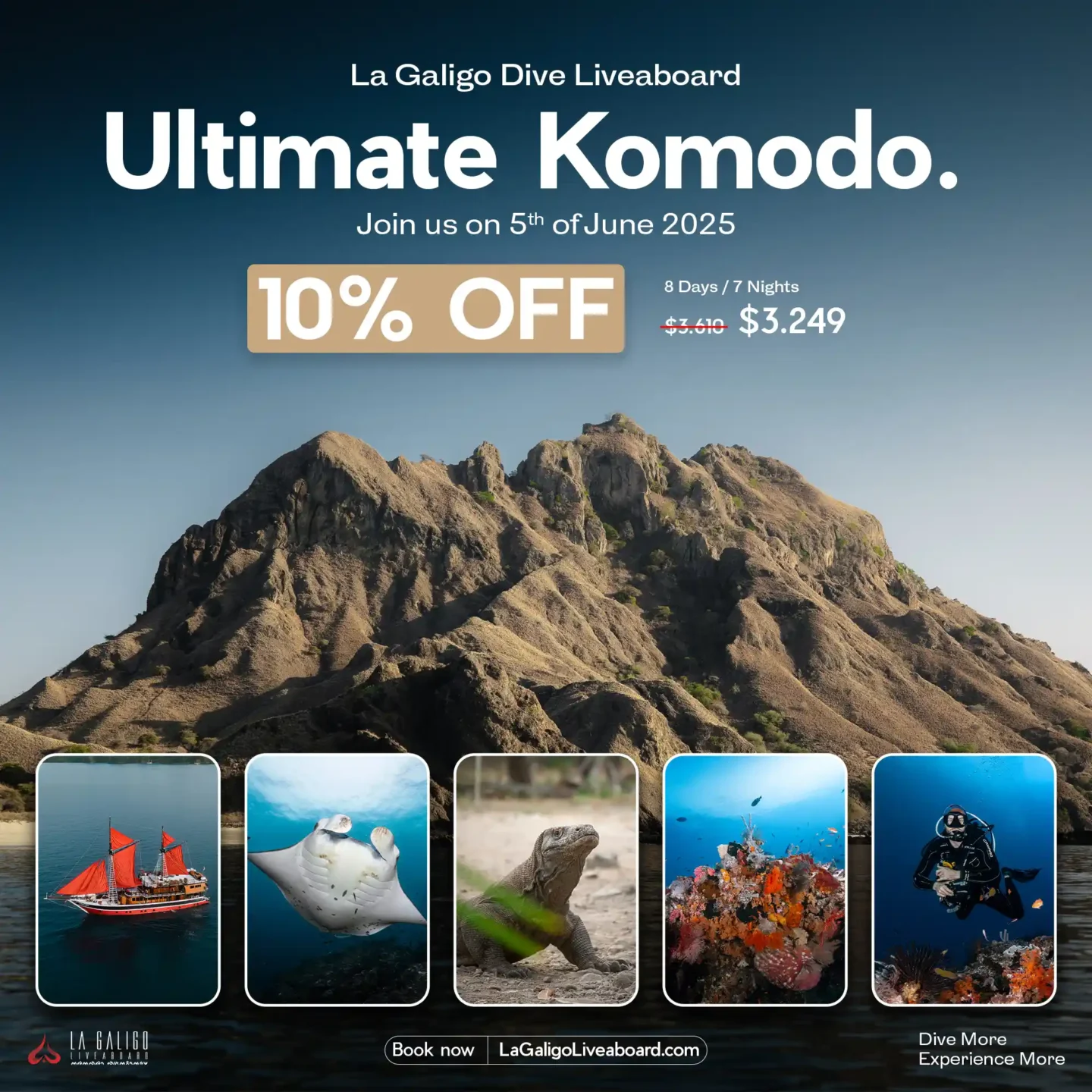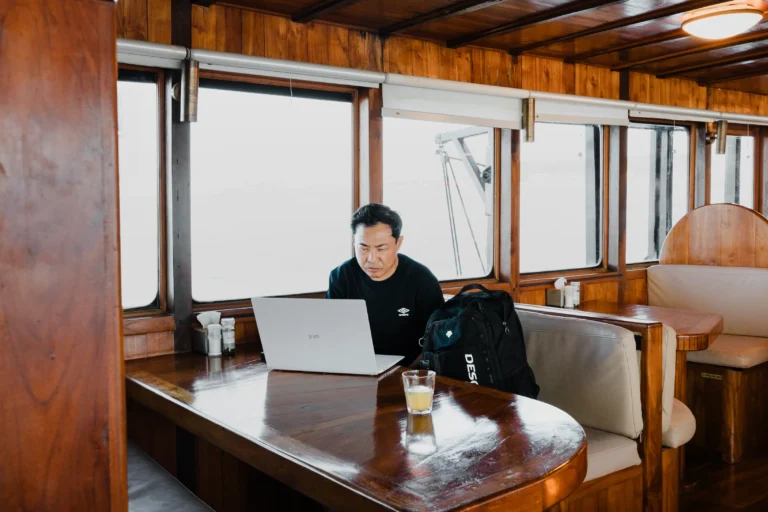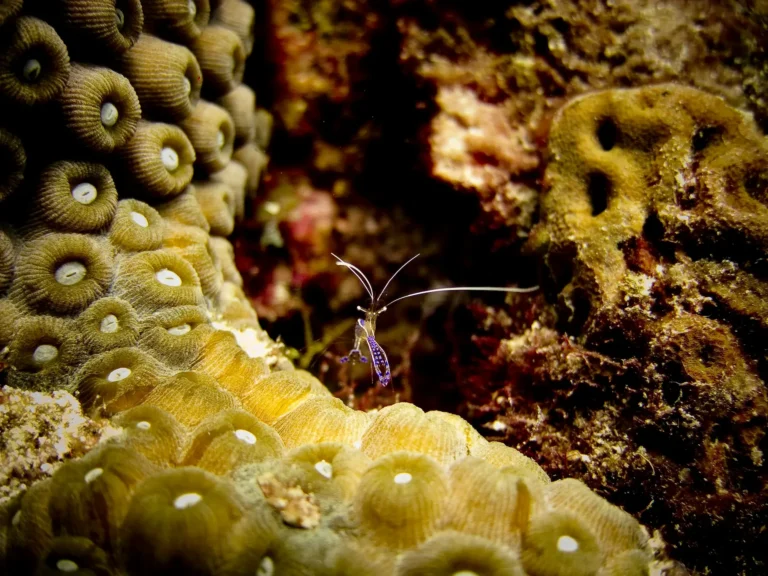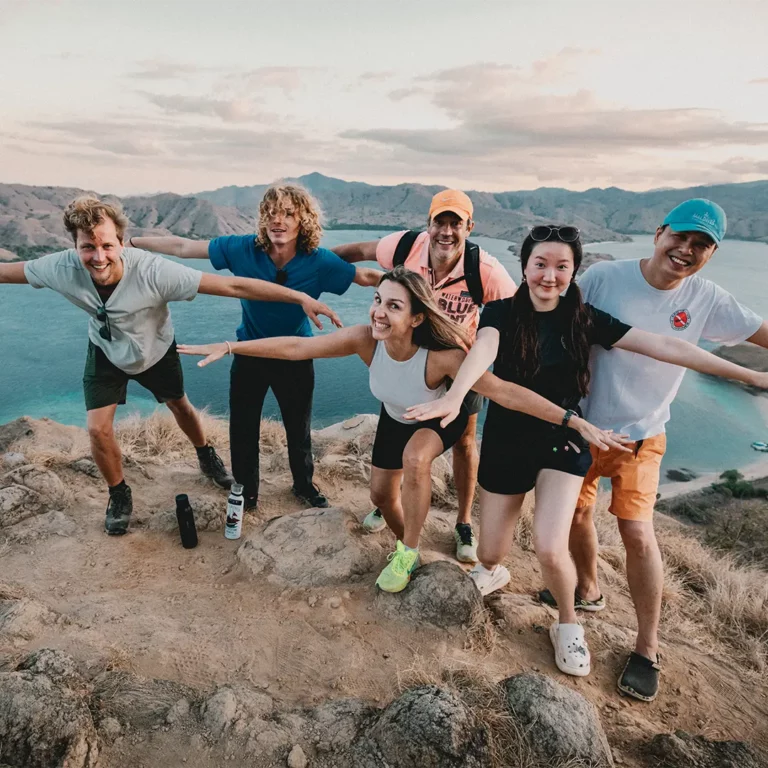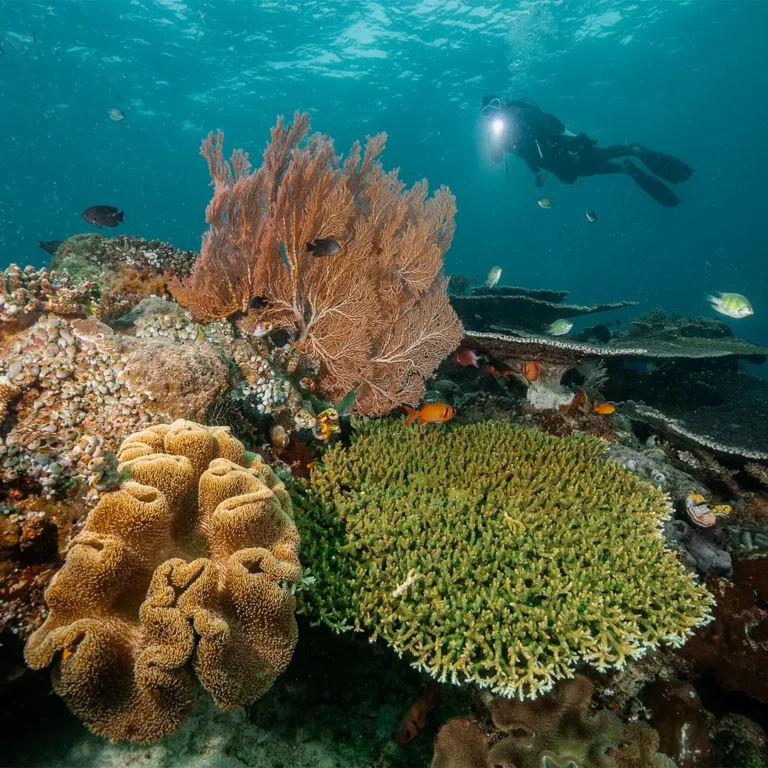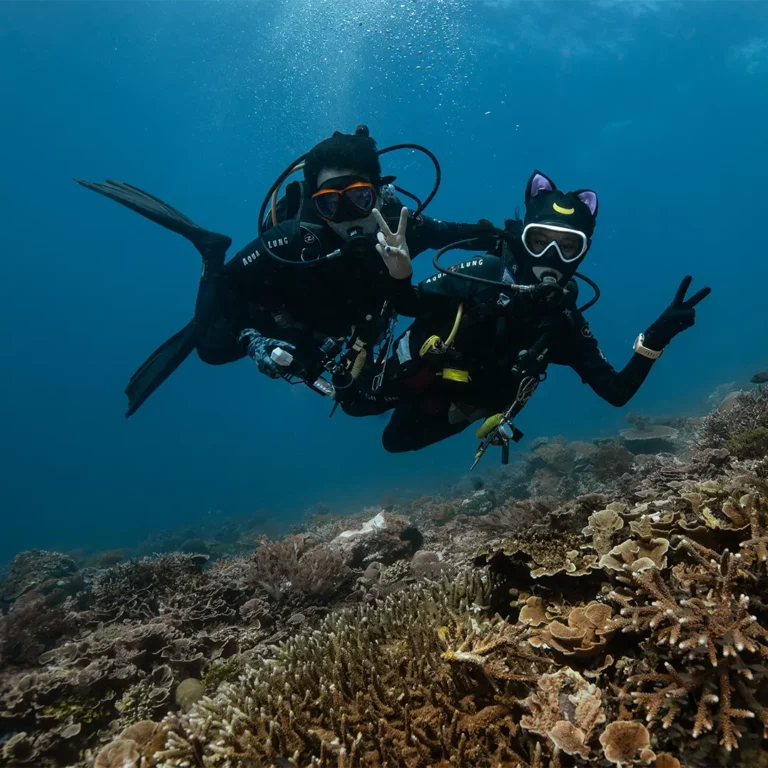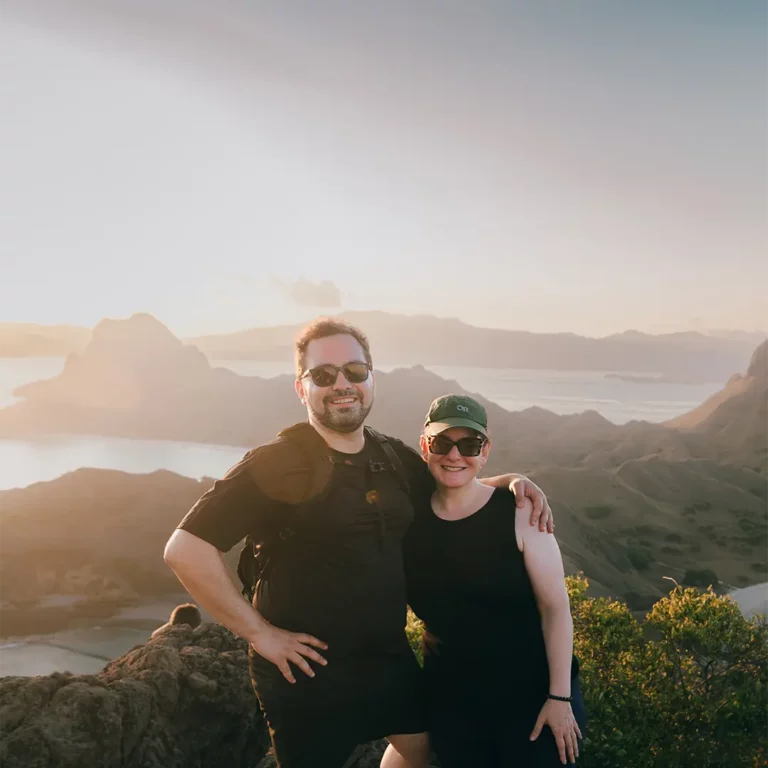Although the underwater world is very beautiful and inviting to many people, many uninitiated people will be afraid to enter it. Scuba diving can cause many fears and apprehensions, such as the fear of the depths and the creatures that lurk underneath, which can be disturbing. You may also be afraid of equipment and things you don’t know. This guide will explain how to overcome the fear of the deep while diving.
Identifying your fears before diving
First of all, we must acknowledge and understand the fears associated with scuba diving if we are to conquer them. Diving aside, fears are often based on unknowns or misconceptions.
Claustrophobia Under Water
While diving gear helps with diving, some people fear getting trapped in them due to the weight of the water or fear the weight of the gear they will be carrying.
Thalassophobia Fear of Deep Water
A common anxiety that can deter someone from diving is known as halassophobia, or the fear of vast open waters. This fear usually stems from helplessness or loss of control in the vast blue ocean.
Fear of Encounters with Marine Life
Many would-be divers fear encounters with marine life for fear of being harmed by the creatures that call the ocean home. Of course the most obvious of these are sharks. Thanks to the movie Jaws coming out in the 1970’s, there has been a mass hysteria regarding these creatures for the past 50 years, when in actual fact the incidents of shark attacks are extremely rare.
Anxiety about possible equipment failure or damage
The fear that tank lifelines, regulators and suits might fail when needed is one reason why confidence in diving equipment is so important.
ALSO READ : 6 Important Tips for Surfacing After Your Dive, and Surface Signals
Knowledge and Training Required for Diving
Knowledge and training about diving is one of the most effective ways to combat fear. Facts can dispel myths and lower anxiety.
Learn about the behaviour and environment of marine life
Most marine life is harmless, and dangerous encounters are rare. Fear can be turned into desire by learning about the behaviour of marine creatures and their habitats.
Knowledge gives you the ability to confront fears and understand how diving equipment works.
Learning the safety features and mechanisms of diving equipment can build confidence in the equipment. Knowing how regulators circulate air, how BCDs aid buoyancy, and how dive computers keep you within safe limits can significantly reduce your fears.
The importance of dive training and certification that helps reduce fear
Getting certified and professional training gives you the knowledge and skills to dive safely. A structured course teaches you how to cope with common underwater situations, so you can fear less.
Overcoming fears when diving means facing and understanding them rather than ignoring them. In this blog, we will discuss practical ways to gradually reduce and manage these fears, allowing you to enjoy the wonders of the underwater world with calmness and confidence.
Dive with someone you trust to help overcome anxiety
It is a very natural human instinct to be close to someone you trust to reduce anxiety. We have evolved this way from thousands of generations right back to when you had to trust the hunter gatherer next to you to not be killed by a Sabre Tooth Tiger or Woolly Mammoth. Likewise anxiety and fear is a natural self preservation method that has evolved in our arsenal of psychological responses to keep us alive and warn us of danger.
So it makes sense then that when we are under water if there is a reliable buddy right next to you that you trust, then the fear and anxiety will naturally alleviate or disappear. In fact, other than the obvious safety benefits, this is why the buddy system was invented by Scuba certification agencies to make the sport more accessible and marketable to a wider range of people.
A trustworthy experienced instructor or dive guide can fulfil this role perfectly, but if you have a buddy that you actually already know personally that is also experienced and competent, then it will do wonders to reduce your stress, anxiety and fear massively while you are under water. If that person is your partner even better, that’s why we see so many couple divers in the world.
The Importance of a Stepwise Approach
To become a professional diver, you should not rush as the journey takes time. Gradually taking steps can significantly help acclimatise to the underwater environment and reduce anxiety.
Starting with shallow water activities like snorkelling
Snorkelling is a great sport for beginners if you want to become a scuba diver as it allows you to get comfortable in the water and practice breathing with your face submerged while staying near the calming surface of the water.
Trying to get into Deeper Waters step by step
Once you’re comfortable snorkelling, you can try the “Introductory Dive” or “Discover Scuba Diving” experience, which teaches you the basics of scuba diving in shallow waters under the direct supervision of a professional.
ALSO READ : 8 Tips on How to Take Good Underwater Photos with GoPro
Breathing Techniques and Relaxation Methods
In scuba diving, breathing is very important. Learning this technique can help you overcome anxiety while diving.
The Importance of Regulating Breathing in Diving
Breathing techniques such as diaphragmatic breathing can be used on land and underwater to help manage stress and discomfort. Deep, slow breathing also conserves air and improves mood.
Methods to Calm the Nerves Before and During Diving
Before the dive, you can calm yourself down and make the diving experience more enjoyable by using relaxation techniques such as mindfulness, progressive muscle relaxation, or visualisation.

